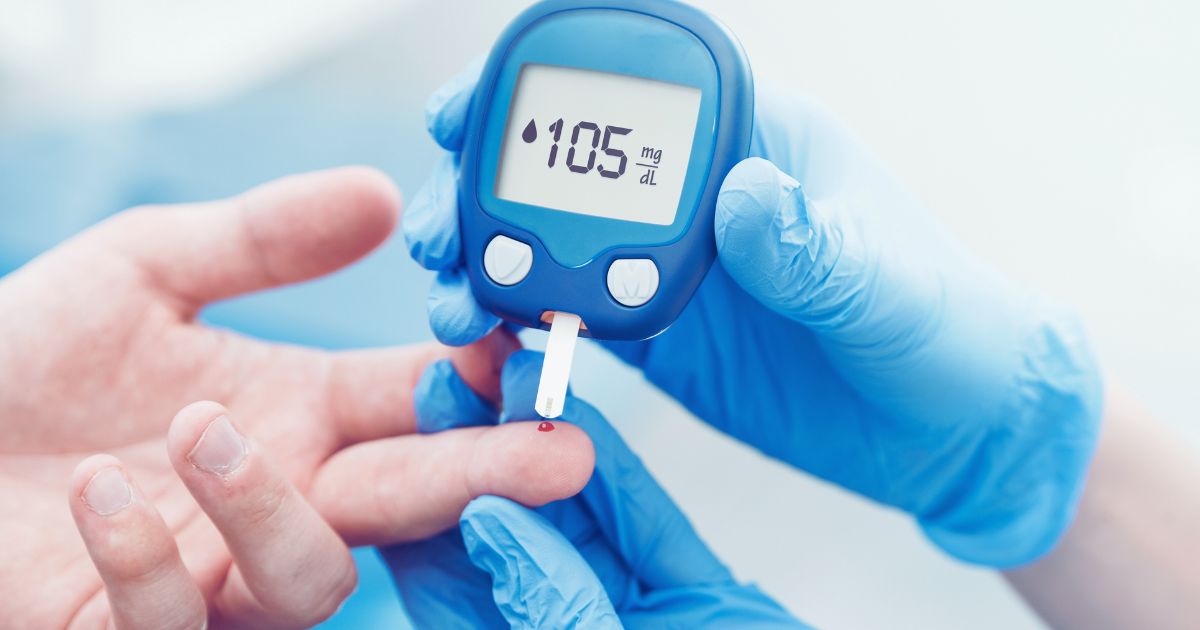Nakabuo ang mga mananaliksik mula sa University of the Philippines Manila College of Pharmacy ng herbal medicine para sa diabetes management.
Bilang ika-apat na dahilan ng pagkamatay at nakakaapekto sa may 4.4 milyong Pinoy, layunin ng mga mananaliksik sa pangunguna ni Assistant Professor Raymond Fernando Yu na makapagbigay ng isang "locally sourced, cost-effective alternative to expensive synthetic medications, offering hope to millions of Filipinos suffering from this chronic disease."
“This country is blessed with so many natural resources, some of which are underexplored. We have a sleeping gold mine in these natural resources—including the less-heard and the untapped—which we can harness for their phytomedicines with medicinal properties," saad ni Yu sa isang pahayag.
"If we formulate these products into familiar dosage forms such as tablets, we add more value to these earlier products and make them accessible to the general public,” dagdag niya.
BASAHIN: Okra, mabuti nga ba sa mga constipated, may highblood at diabetes?
Gagana umano ang tabletang tinawag na "Tuklas Lunas" herbal antidiabetic tablet, sa pamamagitan ng pagpigil sa α-glucosidase enzyme, "which plays a key role in breaking down carbohydrates into glucose."
Sa pagbagol ng proseso, tinutulungan ng tableta na i-regulate ang blood sugar levels, na binabawasan ang panganib ng mga matinding pagtaas ng asukal sa dugo na maaaring magdulot ng malubhang komplikasyon tulad ng pagpalya ng bato, sakit sa puso, at nerve damage.
“Our results show that these extracts, at 100 parts per million, can inhibit the activity of the α-glucosidase enzyme by 50%. This means our product can block the breakdown of sugars, preventing spikes in blood sugar levels,” paliwanag ni Yu.
“Our product is more accessible, just as effective, but not as expensive—and may be taken alongside regular medication,” dagdag niya.
Kabilang sa mga pangunahing plant-based compounds na nakatulong sa pagpapababa ng asukal sa dugo ay ang cardiac glycosides, saponins, flavonoids, alkaloids, at tannins.
Dagdag pa dito, ang mga phytochemicals, na kinuha mula sa mga halamang gamot sa Pilipinas, ay pinag-aralan para sa kanilang "potential role in managing metabolic disorders."
Sa kasalukuyan, sinabi ng unibersidad na ang pananaliksik ay nakakuha na ng utility model mula sa Intellectual Property Office ng Pilipinas noong 2022, at umaasa sa komersyalisasyon nito.
“The Philippines is incredibly rich in medicinal plants, and we have only scratched the surface of their potential. With the right support, we can bring this product to market and provide an affordable, effective solution for millions of Filipinos battling diabetes,” ayon kay Yu. — mula sa ulat ni Josiah Antonio/FRJ, GMA Integrated News


